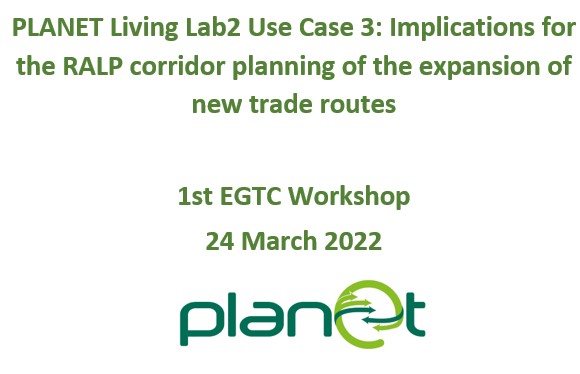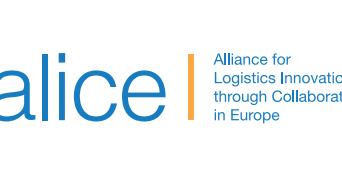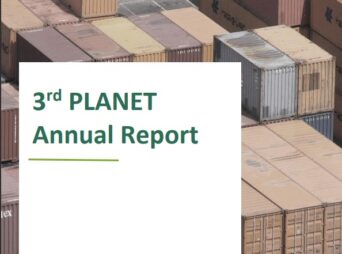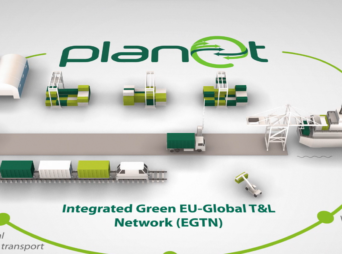The PLANET project addresses the challenges of assessing the impact of emerging global trade corridors on the TEN-T network and ensuring effective integration to the Global Network. EU has been playing a leading role in further advancing the global transport flows and logistics and in understanding the impact of the TENT-T network of global transport and geo-economic trends.
To this end, PLANET aims to establish several future scenarios for assessing the expected impact of emerging trade routes on the TEN-T Corridors using three Living Labs. Use Case 3 of Living Lab 2 (LL2), led by Panteia, looks into the potential impact on the Rhine-Alpine (RALP) Corridor of handling considerable volume of goods due to expanding Eurasian rail freight. For the effective impact assessment three simulations (year 2019, 2030 and 2050) will be developed in order to highlight the destinations of these flows and terminals facilitating inter-modal connections for first and last mile. The simulations relate to not only the intercontinental rail freight connections between China, Russia and Europe (Belt and Road Initiative), but also the Middle East and Northeast Europe (International North-South Corridor).
The purpose of the 1st workshop organised by EGTC and PANTEIA was to introduce PLANET project and present the simulation results from the baseline year 2019.
The workshop was planned for a 90-minute online meeting, being the key discussion themes the following:
- Key factors influencing the hinterland patterns: using maps of the hinterland area per Principal Entry Point (PEP) with regard to Eurasian rail freight and maritime.
- The impact of Ukraine conflict on Belt and Road Initiative (BRI). Perspectives for the middle branch bypassing Russian?
- The current status of PEPs: Future PEPs?
PANTEIA will create the simulations of future scenarios of the year 2030 and 2050 which are planned to be discussed at the next workshop scheduled in autumn 2022.
The workshop was attended by 14 EGTC members who discussed the simulation results of a baseline scenario (2019) highlighting the Principal Entry Points along the Rhine-Alpine Corridor from Eurasian rail flights from China and maritime.
EGTC members participated in this workshop were requested to take workshop’s discussions to their own institutions to explore further discussion topics and identify what each organisation can benefit from PLANET project activities.







